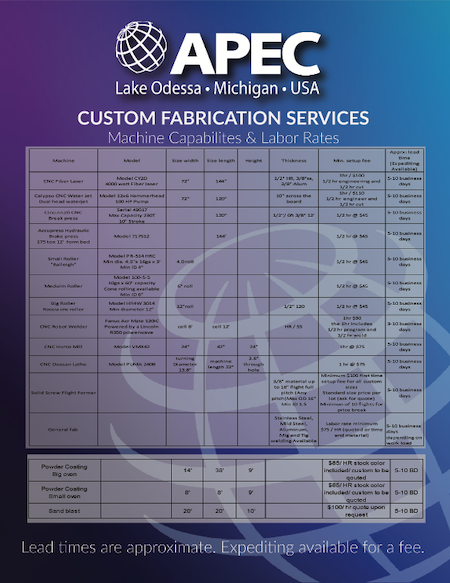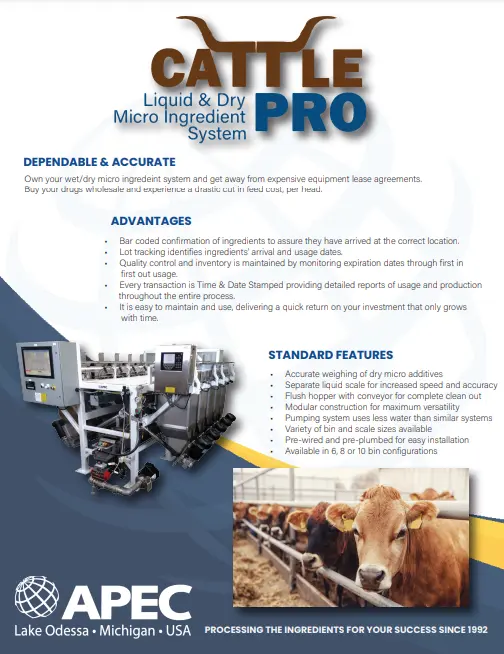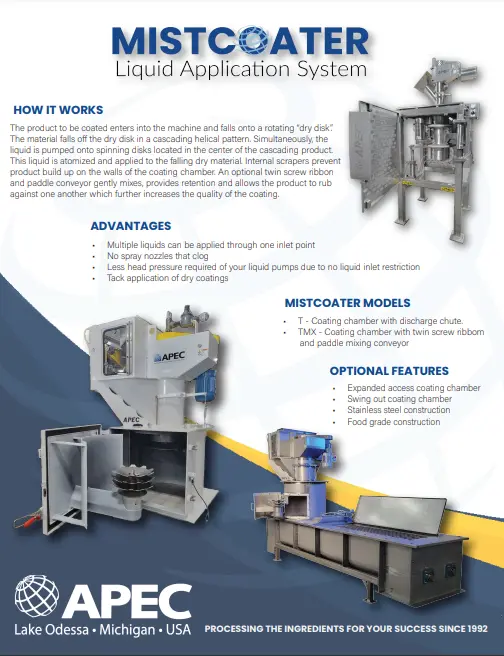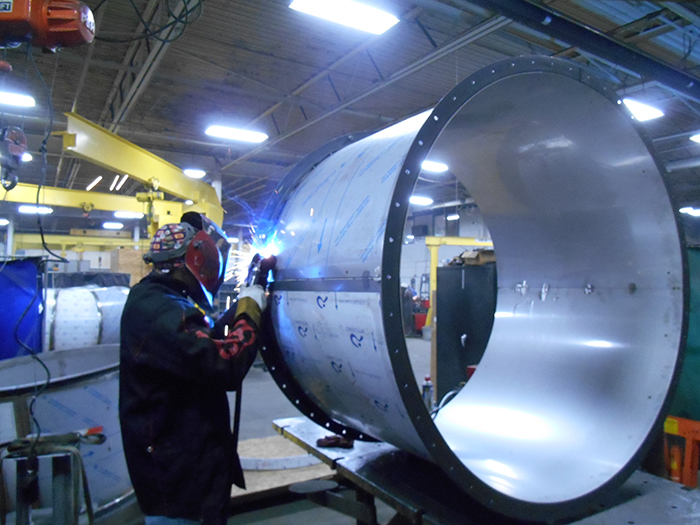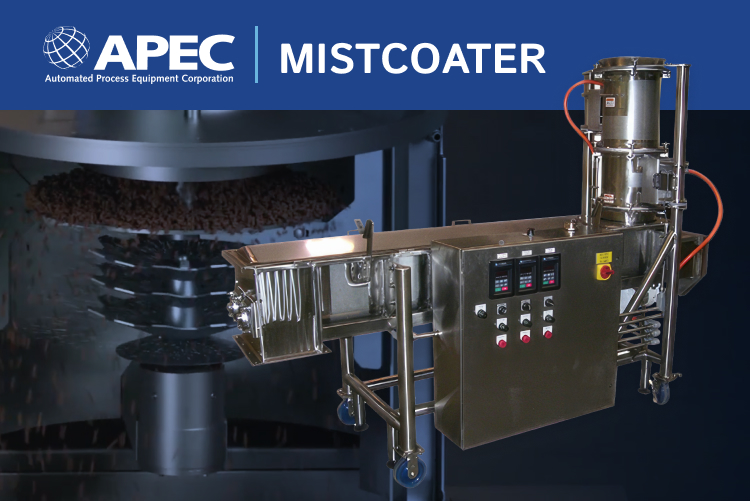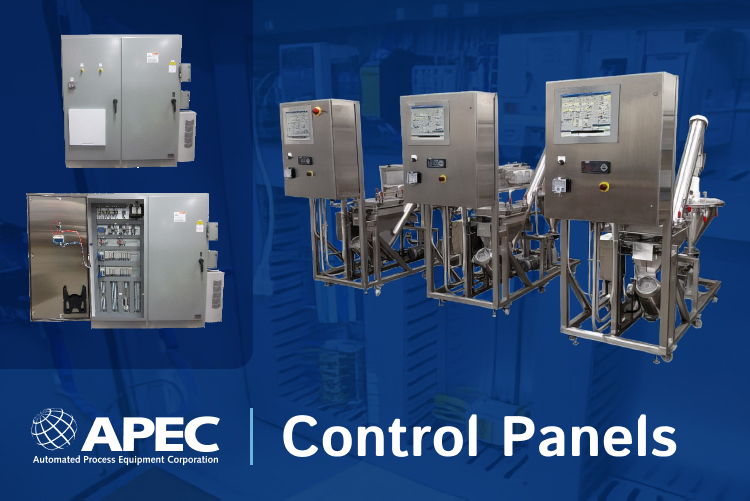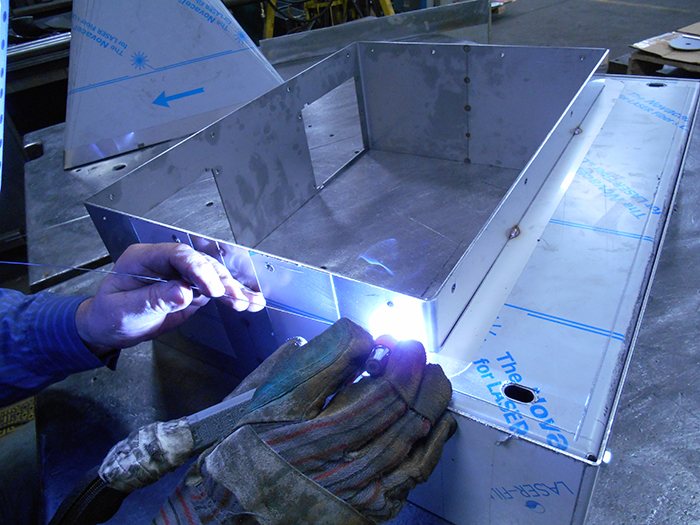
Working with a manufacturing subcontractor can help you meet demand during production spikes, shorten production lead times, and even expand into new industries. Finding the right manufacturing subcontractor means finding a business partner that you can rely on, while the wrong subcontractor can cost you. When looking for a manufacturing subcontractor, consider the following.
6 Questions to Ask a Manufacturing Subcontractor
1. Who Are Your Previous Clients?
This is one of the most important questions to ask a manufacturing subcontractor. Ask for a client list and contact their previous clients. Ask the previous client about their experience working with the subcontractor; were the products delivered on time? Was the quality up-to-par? Did they have any concerns about the subcontractor undermining their contract? Answers to all of these questions can help you steer clear of subcontractors that can’t deliver—or, worse, take your contracts for themselves.
2. What Industries Do You Work In?
If you are fulfilling a contract for a food manufacturer, working with a subcontractor who manufactures equipment for chemical processors might not be a good fit. Look for a manufacturing subcontractor that works in industries similar to yours. This way, they will be aware of good manufacturing practices (GMP), safety procedures, regulations or common pitfalls that can affect finished products in the industry. For example, a manufacturer working primarily with chemical processors probably won’t have a high level of experience with GMP in food processing, which could result in faulty components.
3. What Machines Do You Have?
The right machine can save hours of time and thousands of dollars, while producing a better result. Ask a manufacturing subcontractor what equipment they have, and how this might impact your project. The latest equipment does not always mean the highest level of quality, but this is a good place to start when looking for a manufacturing subcontractor who can handle detail, complexity, large production runs or large-scale products.
Depending on the scope or complexity of your project, it may also be important to know how broad the manufacturing subcontractor’s experience is. Are they familiar with electrical and mechanical systems? Do they know the codes and regulations associated with each? Can they demonstrate their performance with each?
4. How Many Similar Projects Have You Delivered?
While every manufacturer has to start somewhere, you probably don’t want your project to be a subcontractor’s first. Ask a subcontractor about similar jobs that they’ve delivered. This will not only give you an indication of their overall experience, but also the experience of their staff. If you are working with complex welding or machining, this may be especially important.
A manufacturing subcontractor experienced with your products or industry may also be able to help you cut costs and avoid problems. For example, laser cutting may be faster, but adds heat to the process, while water jet is slower, it may be a better option if heating the metal is a concern.
5. What Is Your Expected Turnaround Time?
A subcontractor can help you reduce production time, but only if they can deliver their work on time. Ask about their turnaround times, and any complications or delays they predict could change it. Make sure you have enough time to complete your project, even if your subcontractor overestimates their speed.
6. What Does Your Process Look Like?
Ask about a subcontractors production process in detail. Consider preliminary processes like design, set-up and product testing. Ask about the manufacturer’s engineering staff and compatibility with CAD files. If your engineers can work with your subcontractor’s engineers, your design process will run much smoother.
Testing and quality control are also important considerations. If you are able to test or inspect your product or component before a full run, you’re likely to save time and money. If you are not happy with the deliverables, or if there are a number of mistakes, ask about how the subcontractor would remedy this. Or, if you need to make changes to your original design, how quickly can these be implemented? Manufacturing subcontractors integrating their CAD design with computer aided manufacturing will be able to make changes more easily.
Knowing the right questions to ask a manufacturing subcontractor can help you find a reliable, ethical business partner. With the right subcontractor, you’ll have the flexibility to take on more projects, while still focusing on what you’re best at.


